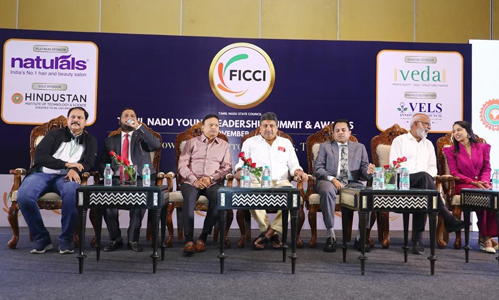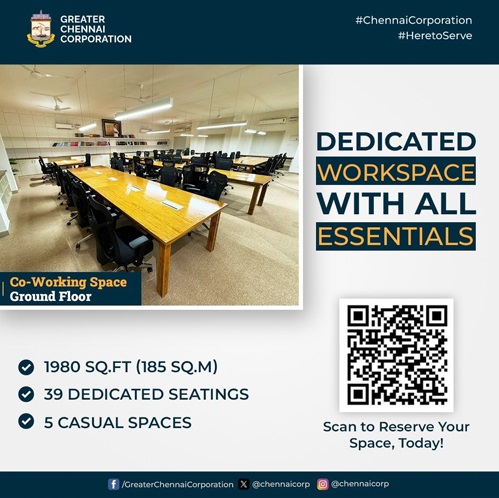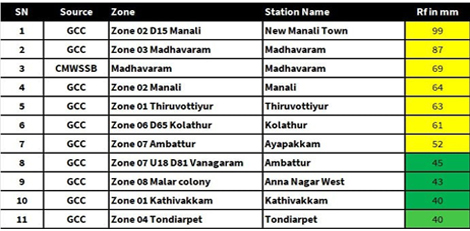Eye care for all ages
Posted on: 15/Oct/2016 9:47:35 AM

A busy lifestyle, long hours on the computer or TV and unhealthy food habits has led to an increase in problems over the years, across age groups. Thus a regular check-up is recommended for all age groups.
For babies, the process of learning to see is equivalent to that of walking and using their hands. Therefore, in the initial months, babies cannot focus on an object closer to them. However, if an eye appears to turn in or out constantly, an evaluation is necessary. Also, parents should get the babies examined by the age of 6 months to be sure that each eye focuses, are straight, and there is no internal eye disease.
During preschool years, children develop the visual abilities, hence, steps taken during these years to help ensure vision by way of food habits and eye exercises becomes important.
In case of children beyond preschool, the parents need to pay attention to simple habits like if a child is watching TV from nearby, rubbing eyes regularly, keeping the book close-by to read, complaining of headaches etc. These are signals for Myopia or Hyperopia and hence, important signs to book a visit to an ophthalmologist at the earliest.
For adults, regular check-ups are important especially, with the eating habits and lifestyle that they develop over the years.
Diet is very important in eye care. Must eats include green leafy vegetables-kale, spinach, leaf lettuce, carrots, bell peppers, sweet potatoes, broccoli; fruits - tomatoes, tomato juice, watermelon, pink grapefruit, apricots; vitamin E Rich food; food with Omega-3: nuts, flax Seeds, fish.
Here are a few tips in eye care for babies. Place toys within focus of the baby`s eyes, only 8 to 12 inches away. Encourage the baby to crawl. This helps develop hand-eye coordination. Talk to the baby as you move around the room to encourage his or her eyes to follow. Hang toys above or outside of the baby`s crib. Give your baby toys that encourage visual development such as building or linking blocks, puzzles, stringing beads, pegboards, drawing tools like pencils, chalk, crayons, and markers, finger paints and modelling clay.
Teenagers should be taught the importance of regular exercising, healthy diet, restricted use of mobiles and tablets, laptops/computers and television or any other handheld games, limited sun exposure to the eyes and avoiding tobacco.
As you grow older, comprehensive eye examination with ophthalmologist is necessary. Regular eye exercises like blinking your eyes when sitting in front of computer, clockwise and anti-clock wise eye rotation, can help strengthen eye muscles and keep away from various eye diseases. To decrease the risk of cataracts, a common disease in old age, a healthy diet rich in antioxidant containing foods is important. Brighter lights should be used while reading, using gadgets and for any other close-up tasks.







